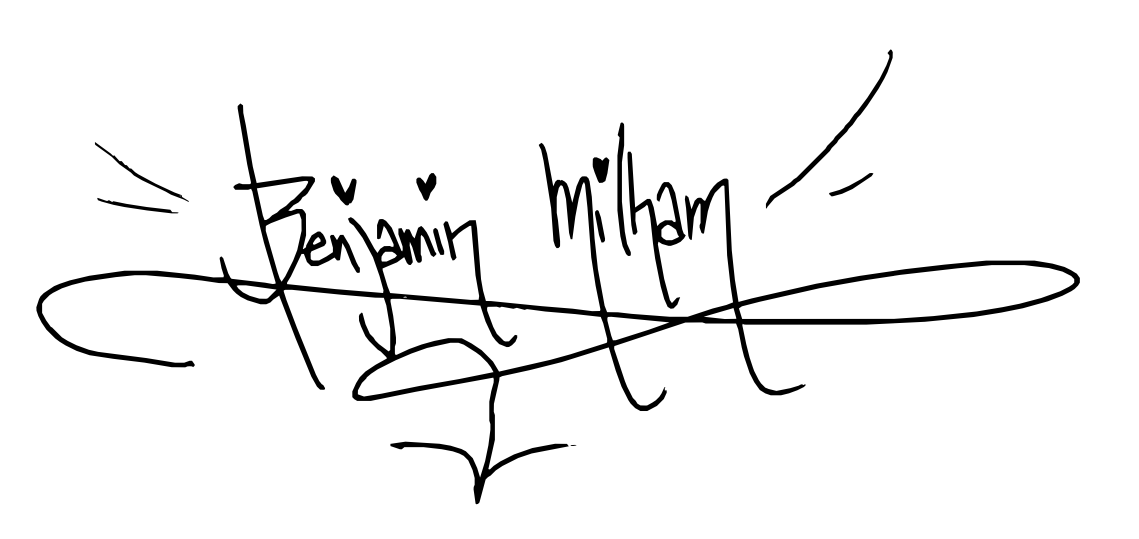Simplicity on the far side of complexity.
Hey!
Question, have you ever written out your goals?
See, I have a lot I want to achieve over the next 5 years.
In a course I recently did called “LifeBook” I wrote out my 5 year plan. I figured out what my long-term goals are, then broke them down into yearly, quarterly and monthly goals. From there, I designed my daily habits that will get me to the finish line.
This is a lot to process, so what I’m aiming for is simplicity on the far side of complexity.
In the long run, I want all aspects of my life to run on auto-pilot.
What that means in the short-term is that things will have to get harder before they get easier. I’m investing a lot of time and effort into tracking as much of my life as possible.
I’m tracking my finances, my macros, my workouts, my habits and my sleep. It’s a lot of work for sure, but once I’m sticking to my budget every week I won’t have to track every dollar. Once I know what to eat every day I’ll be able to plan my meals and hit my nutrition goals without thinking. I’ll probably always track my workouts and my habits, as those will change over time, but the rest will essentially be set-and-forget. Tracking everything is in itself a big task, but the more I learn the easier it gets.
I used to track everything on paper, or with a bunch of different apps, but I was really inconsistent. I had a money book for tracking my finances, a page stuck to my wall to track my habits, notebooks full of course notes and pages of apps on my phone. It was exhausting, and there was too much friction, which is a huge roadblock for building habits and achieving goals.
I’m starting to make some real progress now, and wanted to share some things I’ve learned with you.
One thing I’ve learned that’s really important is to look backwards, rather than forwards.
It’s all well and good to say that I will only spend $100 a week on food, as this lines up with my budget, but the reality is probably very different. A much better approach, which began with complexity, was to go back over my last 3 months bank statements, figure out exactly how much I’m spending, then set that as my starting point.
Realistically it is probably much higher than $100, unless I’ve been living off of rice and soy sauce. If I look back and find my actual spending is $300 a week, then going forward I can account for $300 in my budget, then over the next few months be strict about checking my bank account every day and also keeping all of my grocery receipts. It will require a lot more conscious effort to get the number anywhere near my target and will take a lot of work before it can be automated and become a routine. Chances are the other $200 a week is getting spent on San Pellegrino, Tim Tams and barbecue shapes. Also, by being more prepared for the week ahead and ensuring I always have enough food, enough snacks, and don’t go shopping when I’m hungry, I can probably bring the cost down going forward.
In terms of my health & fitness, the same formula is necessary. If I can’t get the data of how many times I’ve actuallygone to the gym in the last 3 months, or what I’ve eaten, then my goal is to track everything over the next 30 days. Then I’ll be able to make a more educated plan for the next month.
So how am I able to track all of this at once? Good question.
The best tool I’ve found to keep track of everything, all in one place, is an app called Notion.
It’s a powerful bit of software that I’ve been using and it’s replaces so many other apps on my phone. The best part about it is that it’s completely free to use!
As with any new software it does require a bit of getting used to. There was a pretty steep learning curve in the beginning, but I found some great plug-and-play templates that took away a lot of the grunt work. Some of them I paid for, and some were free. Going forward I intend to get good enough at Notion that I can make all the tweaks myself. One course that really helped me is Ali Abdaal’s course on SkillShare.
This approach is definitely not for everyone. But if you’re like me and you want to optimise your life, maybe it could work for you.
I’d be happy to talk to you more about it if you’re interested, or even show you some time.
Until then, I’m thinking about you and I hope you’re doing well.
Big hugs,
Ben
